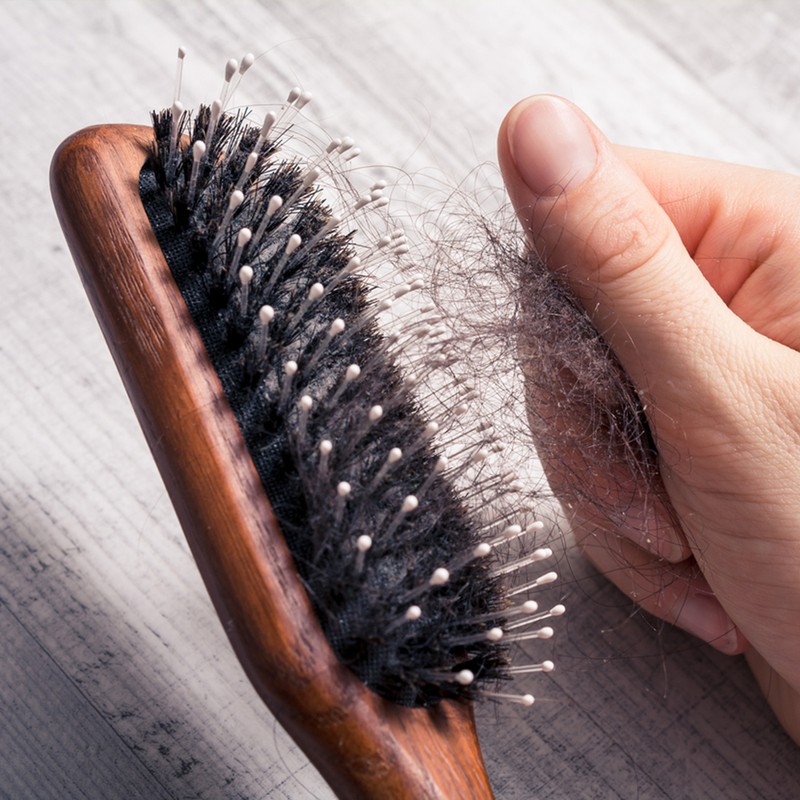What To Know About Hair Loss & How To Treat It
Know There Is No Set Cause
“There are many reasons hair loss happens – from internal to external causes – much like your skin, the condition of your hair tells a story of your life,” says Atoshi George, Kérastase Senior Scientific Advisor. “The visual appearance of thinning hair can be down to how it’s growing, but this can also be affected by your diet, lifestyle, illness, hormonal disturbances and thyroid imbalances. We also make our hair do so much more these days – from colouration to heat styling – which can thin both the diameter of the hair and its ability to defend itself from simple actions like brushing. While hair loss is something to be aware of, it’s also important to remember that we lose roughly 100 hairs per day naturally, yet despite this, we still have around 100,000 strands of hairs on our heads – keep this in mind when you’re concerned about hair loss because it’s often not as bad as you think.”
Take Note Of Your Family History
“It is good to be aware of your family history, as it can make it easier to spot any changes, take action and seek out advice sooner,” advises Anabel Kingsley, Trichologist at Philip Kingsley. “Androgenic Alopecia is influenced by genes, so, if your mother or father have reduced hair volume, it’s more likely you will too. You can also inherit genes from your grandparents or great grandparents – it’s really a case of luck of the draw but worth arming yourself with the knowledge.”
Keep In Mind The Various Conditions
“It is important to know the difference between excessive daily hair fall (Telogen Effluvium) and reduced hair volume (Androgenic Alopecia),” adds Anabel. “Telogen Effluvium is reactive hair loss, which is quite sudden and hard to miss. Androgenic Alopecia is reliant on a genetic predisposition that causes hair follicles to be oversensitive to normal levels of male hormones and is very gradual, often going unnoticed for years. Knowing the difference will help you to explain to your trichologist or GP, who can advise you on your best course of treatment, if it’s needed.”
Be Aware Of Your Hormones
“Changes in hormones can affect both the growth, and the quality of the hair, which can double the impact of loss at any point in our lives, not just throughout the menopause,” explains Atoshi. “Hormones like oestrogen and progesterone can cause an imbalance to the hair – it’s why women who use contraceptive pills often notice a difference. This is because oestrogen increases the amount of time that hair spends in its growth cycle, so when these levels drop (when you have your pill-free week) hair loses the ability to continue to grow, leaving the density much sparser. Conversely, during pregnancy when the levels are at their highest, women tend to have the fullest, most lustrous hair, but after birth, these levels re-stabilise, which is why hair loss is so common post-pregnancy – often this is normal and nothing to worry about.”
Remember Hair Loss Starts At Any Age
“As excessive daily hair fall is usually due to an internal upset (think illnesses or deficiencies), it can happen at any age and can be either acute or chronic,” adds Anabel. “Due to the nature of the hair growth cycle, you will usually experience extra hair fall six to twelve weeks after the event that caused it – that’s how long it takes for follicles to rejuvenate themselves. Reduced hair volume can only happen after puberty i.e. when androgens are produced. For those with a strong genetic predisposition to follicle sensitivity, changes to hair density can begin as soon as you hit puberty. Others may not notice changes until their 30s, 40s, or nearing menopause.”
Understand Why The Menopause Matters
“During the menopause, hair becomes fragile and weaker as the natural growth and nutrients available to the hair follicle are reduced,” says Atoshi. “This combined with the decreased levels of oestrogen and increased testosterone leads to slower growth and thinner hair that’s prone to damage. The stress during this time also exacerbates loss. To counteract the effects, it’s important you keep the hair nourished and strong with targeted shampoos, conditioners and masks. This alone will restore the hairs strength and protective outer layer, preventing breakage and maintaining as much density as possible. Finally, where possible, avoid excessive colouring and straightening as this will cause further weakening.”
Steer Clear Of Hair Extensions
“People with thin hair gravitate towards extensions, but these place a lot of strain on strands and can stretch the fibre beyond its elastic limit, breaking it,” advises Jane Mayhead, Senior Trichology Consultant at The Private Clinic. “They also put constant traction on the hair follicle, which can eventually pull-out strands and leave you with bald patches – known as ‘traction alopecia’. If continued over an extended period, traction alopecia can be permanent.”
Ignore The Common Misconceptions
“Hair loss is a stressful situation, and what doesn’t help is misinformation that causes further panic,” explains Atoshi. “A few key misconceptions are that hair loss only comes with ageing – as we’ve already said it can happen at any age due to several general changes. Heating tools are one of the biggest causes for miniature decrease in hair fibres, as too much can cause strands to snap and result in a thinner appearance over time. Even combing and brushing too hard can leave hair scarred and damage – especially when wet, so take a gentle approach. Another myth is that cutting your hair will help – if only this was true. Hair growth occurs at the root inside your scalp, so cutting won’t help with regrowth, but it will prevent further breakage. Finally, a lot of people assume loss is permanent. Providing there is no serious damage to the follicle (which is unlikely), hair will grow back at its own pace.”
Don’t Be Afraid Of Products
“People often think too much product is damaging, it’s not,” adds Atoshi. “In fact, finding products that target damaged hair will prevent loss and breakage – it’s not just a marketing fad. What is key is choosing your treatments carefully, ensuring they’re tailored to you. For example, if you have perms, colour, or heat style your hair regularly, look to products that counteract these effects. Maintaining and conditioning the hair you have will boost its health and strength, having a greater impact than you may think. Look out for antioxidant ingredients too like ginger root extract, edelweiss and vitamin B5, all of which suit all hair fall concerns and help to rebuild stronger strands.”
Pay Attention To Your Diet
“Those who are 100% plant-based tend to be at a higher risk of iron deficiency, and in turn, hair loss. This is because plant sources of iron aren’t as well-absorbed by the body, but it is still possible to get your recommended intake from whole food,” explains Dr Megan Rossi, nutritionist and founder of Bio&Me. “If you’re relying on plant-based foods to get your iron intake, it’s a good idea to add in a source of vitamin C. Combining vitamin C, for example from citrus fruits, tomatoes and peppers, with plant sources of iron, such as your legumes, wholegrains and spinach, can increase your body’s ability to absorb it.”
Try Not To Rely On Supplements
“There’s no doubt some targeted supplements work for hair loss, but for most, I recommend getting your nutrients from whole foods,” adds Megan. “Iron, zinc, vitamin B and D are key for keeping hair healthy and you can get these nutrients by having a varied diet. In fact, Vitamin A and selenium when taken in excess have been linked with hair fall in some people. These ‘toxic’ doses can occur when people are taking multiple supplements. Unlike supplements, however, it’s very difficult to get a toxic level from eating whole foods as Mother Nature has packaged these nutrients in much safer doses. When it comes to collagen supplements, which are often touted as promoting hair growth, there’s no clinical evidence to support their benefit.”
Seek Out A Specialist If Needed
“While mild hair loss is common, dramatic shedding for longer than six weeks should be addressed as soon as possible to give you more options,” says Atoshi. “The hair is often a good representation of your general health balance, and as factors like stress, lack of sleep, diabetes, PCOS, thyroid issues and medication can all play a part, it’s important to seek out expert advice if you’re worried. All these issues can send the hair prematurely out of the growth phase and into a resting phase, as well as weaken the natural structure of its growth, so don’t be afraid to ask a GP, dermatologist or trichologist.”
Shop Our Trichologist & SL-Approved Edit Of Targeted Hair Buys Below…
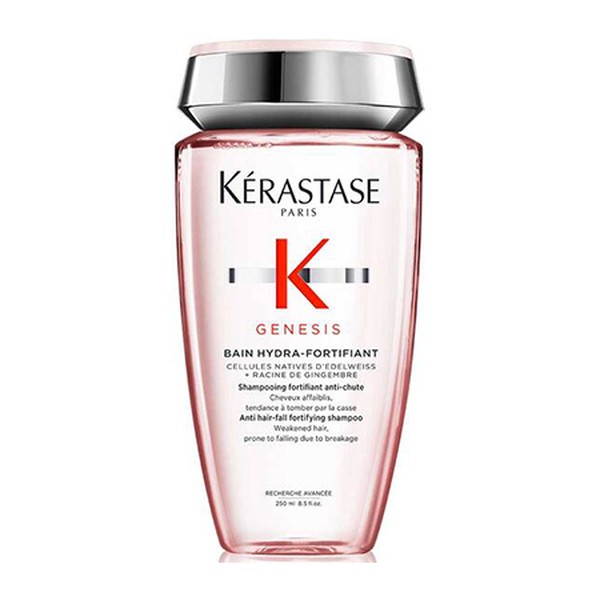
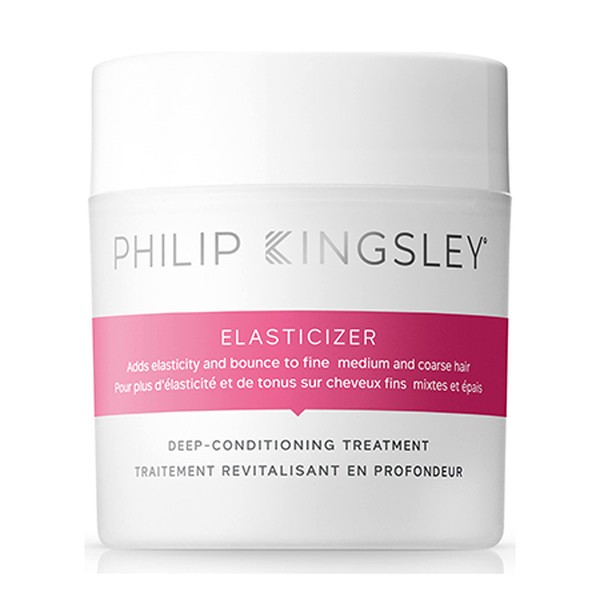
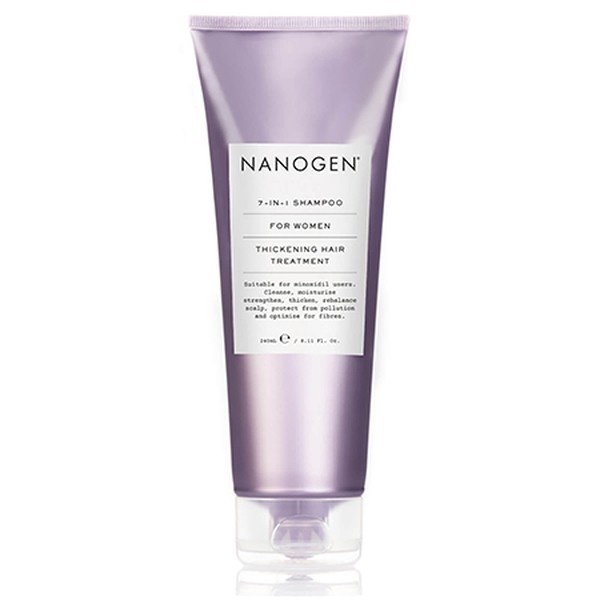
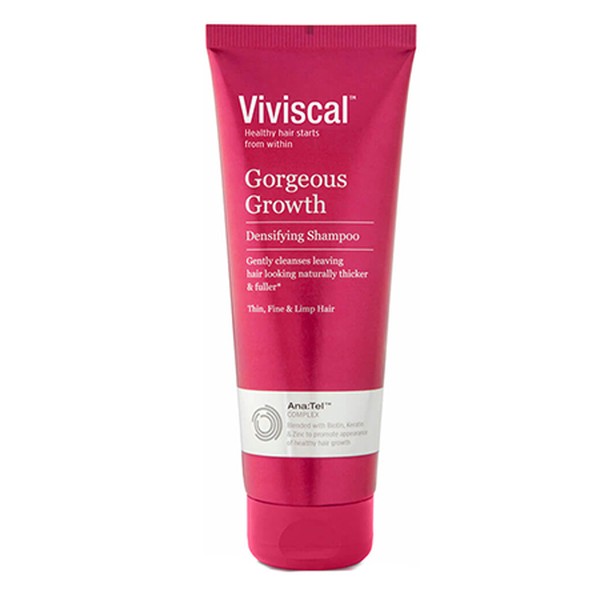
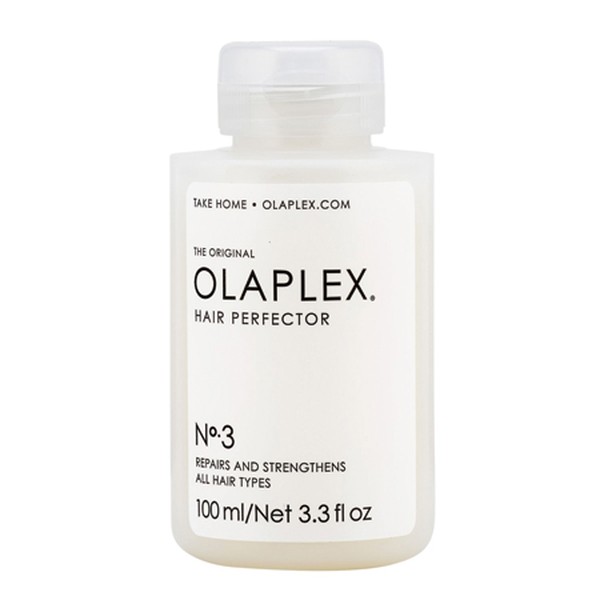
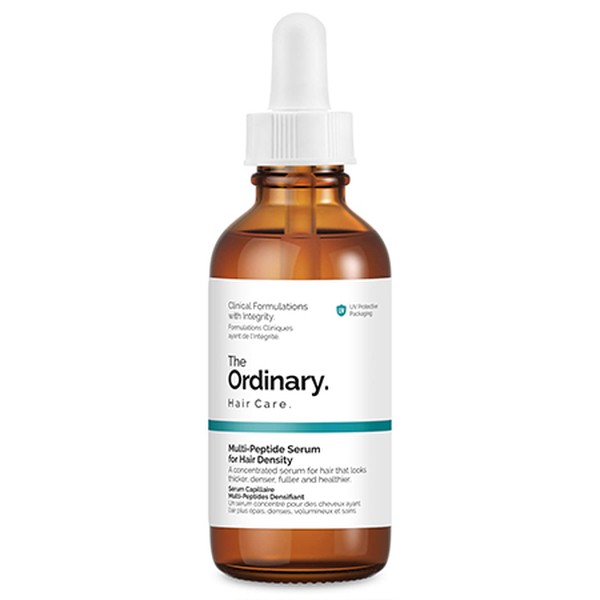
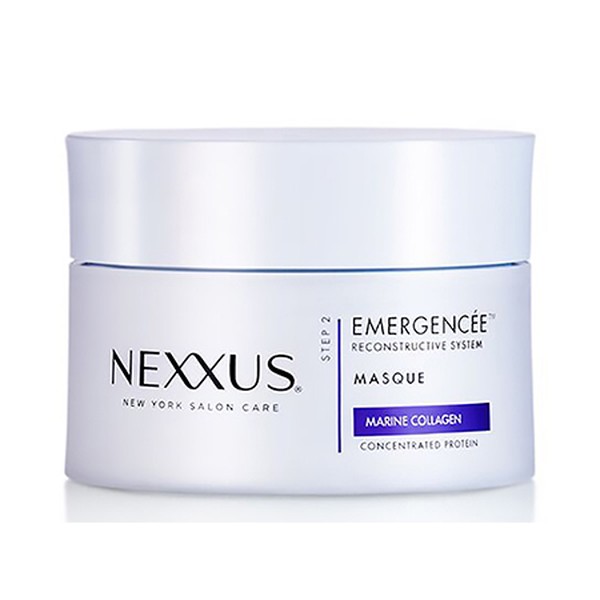
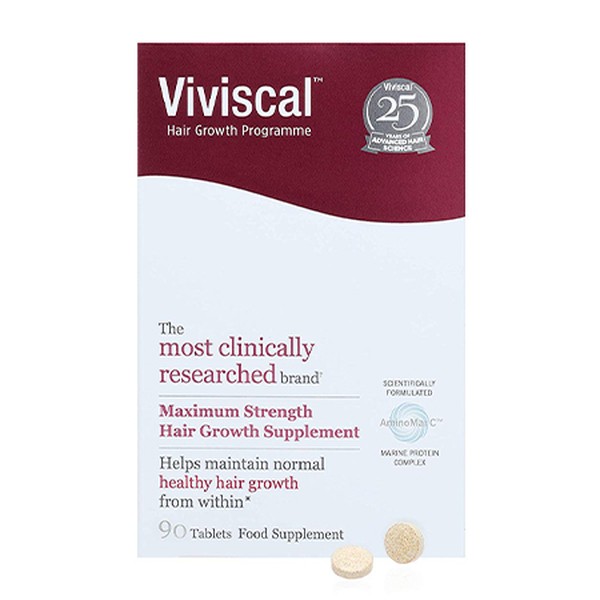
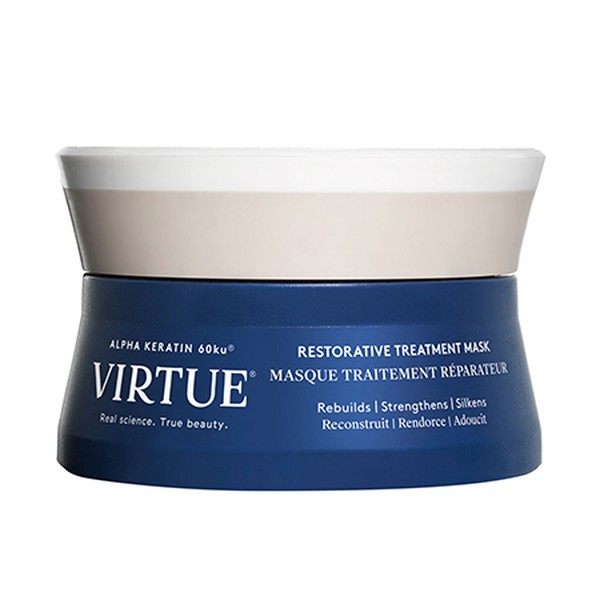
DISCLAIMER: We endeavour to always credit the correct original source of every image we use. If you think a credit may be incorrect, please contact us at info@sheerluxe.com.
